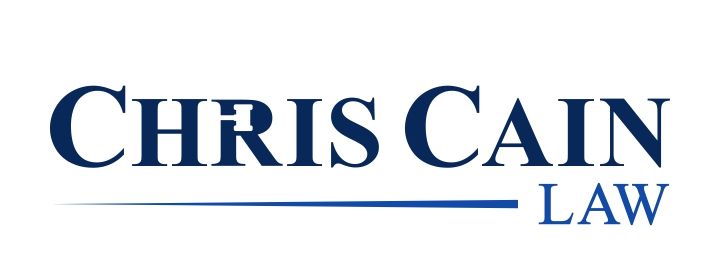Understanding a 243(e) Charge in Monterey County: What You Need to Know
Introduction: If you or someone you know is facing a 243(e) charge in California, it’s essential to understand what this charge entails and the potential consequences. At Chris Cain Law, we specialize in criminal defense and are here to provide clarity and support for those navigating these charges.
1. Definition of a 243(e) Charge A 243(e) charge refers to domestic battery under California Penal Code Section 243(e)(1). This statute covers cases where there is willful and unlawful use of force or violence against a spouse, former spouse, cohabitant, fiancé, dating partner, or parent of your child. Unlike felony domestic violence charges, 243(e) is typically prosecuted as a misdemeanor, but it still carries significant penalties.
2. Elements of the Charge To secure a conviction for a 243(e) charge, the prosecution must prove the following elements beyond a reasonable doubt:
- Willful and Unlawful Force: The defendant used force or violence against the victim.
- Relationship with the Victim: The victim must be a spouse, former spouse, cohabitant, fiancé, dating partner, or parent of the defendant’s child.
- No Serious Injury: Unlike other domestic violence charges, 243(e) does not require the victim to have sustained a serious injury.
3. Penalties for a 243(e) Conviction A conviction for a 243(e) charge can result in:
- Up to one year in county jail
- Fines up to $2,000
- Mandatory participation in a batterer’s treatment program
- Community service
- Probation
In addition to these penalties, a 243(e) conviction can have lasting consequences, including a criminal record that may affect employment, housing, and more.
4. Defending Against a 243(e) Charge Several defenses can be used to fight a 243(e) charge, such as:
- Self-Defense or Defense of Others: Arguing that the defendant acted to protect themselves or someone else from harm.
- False Accusations: Demonstrating that the allegations are false or fabricated.
- Lack of Willful Intent: Proving that the defendant did not act willfully or with the intention to cause harm.
Chris Cain Law will thoroughly investigate your case and develop a defense strategy tailored to your specific circumstances.
Understanding the implications of a 243(e) charge is crucial for anyone facing domestic battery allegations in Monterey County. Chris Cain Law is dedicated to providing expert legal defense to protect your rights and future. If you or a loved one is dealing with a 243(e) charge, contact us today for a free consultation.
